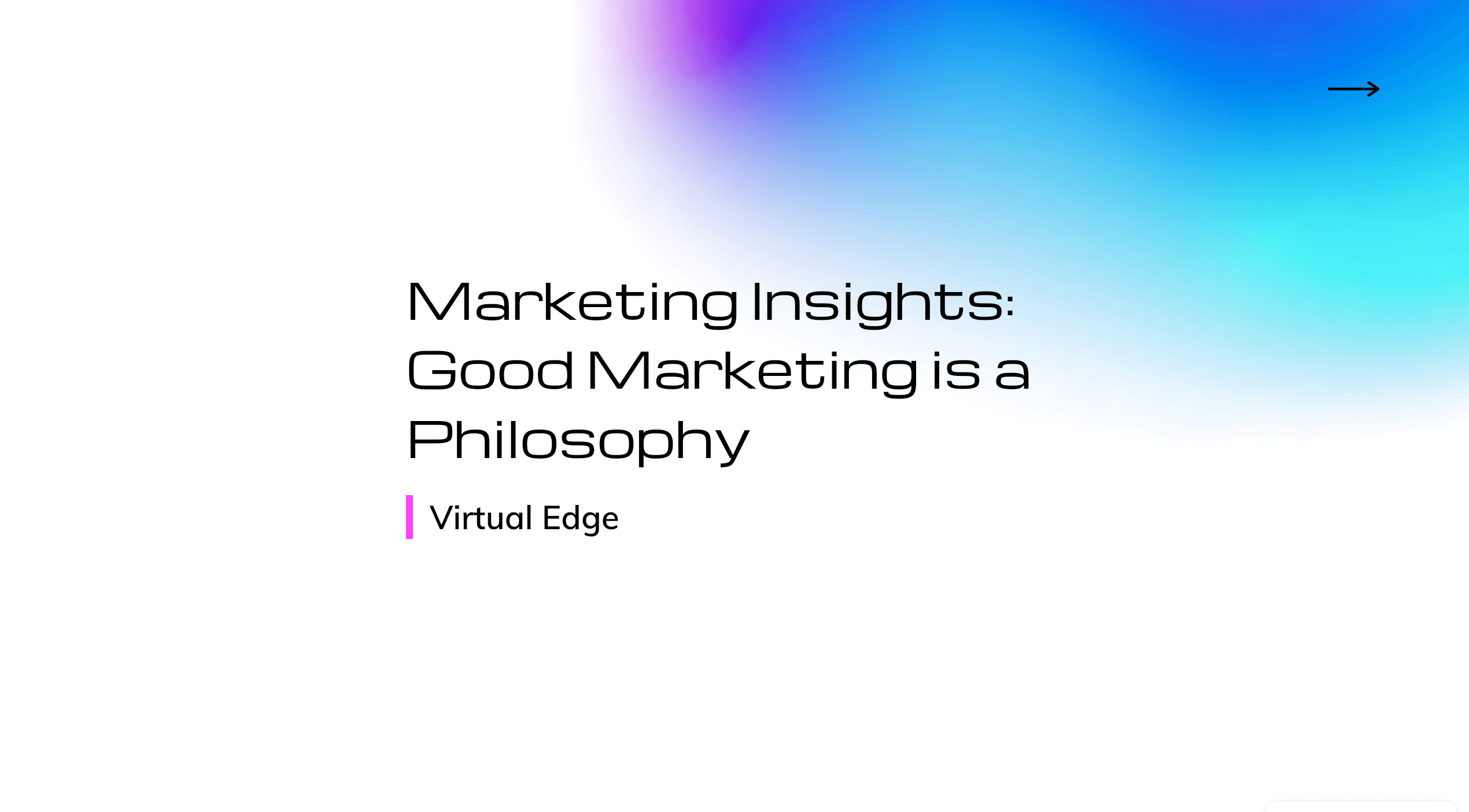You’ve said that good marketing results are about “philosophy,” not necessarily engagement. Philosophy? What’s up with that?
I’m glad to answer that; the issue that people have is that they are wrong-minded in their approach to marketing. We learn by contrast and we tend to only think in extremes, most of the time. It’s our justification for doing this, or not doing that. Conflict avoidance or running toward a resolution.
For instance, people will say, in response to un-marketing strategies and my approach to marketing, “I can’t do that, I don’t have time, I need leads now!” The issue is, and understandably so, that they’ve prioritized their personal need for job completion over the real issue which is customer satisfaction.
We all know that people will pay for value, time and again, but when we’re wrong-minded in marketing, we expect people hand over access to their name and their email address or phone number when no real substantive value has been delivered to them at all. This leads to superficial offers and even bribes for contact. Then, when the customer finally figures it out, they feel cheated and you’re still where you were; needing a lead…right now.
Engagement is simply a measure of how well your brand exposure has delivered that value.
How much has measuring marketing success changed in the last five years? What’s the biggest difference?
The biggest change in measurement has been a wholesale jump to measuring influence and influencers. And yet, there’s still a big issue with the way it’s been done by the industry right now.
What’s cool is that a lot of people see the issue with measuring performance by measuring volume and connections, but not enough people see that just yet. People are really looking for a way to solve it and aren’t sure where to turn.
There will always be things to measure. Think about it: people trust a talking robot like Siri to tell them how to get to their destination or where the nearest gas station is. Can you imagine the power of being able to take complex thoughts and decisions and in an intellectually honest way, speculate about the future with REAL, EMPIRICAL DATA?
